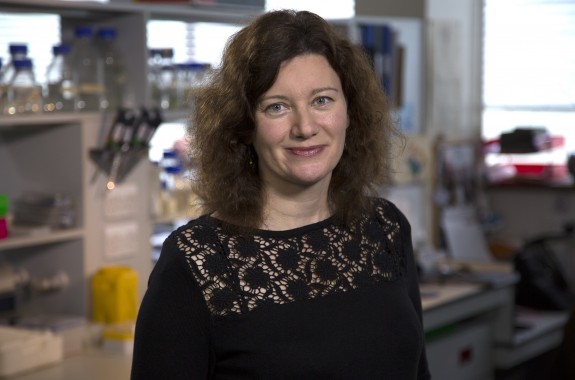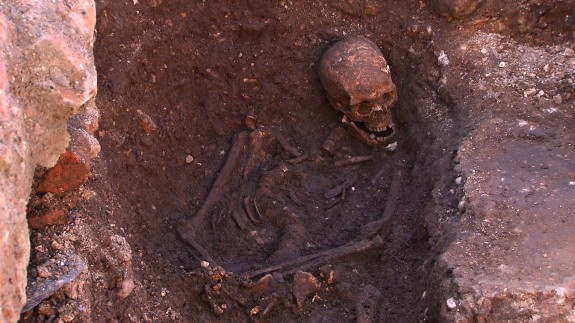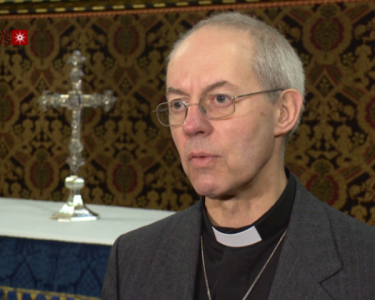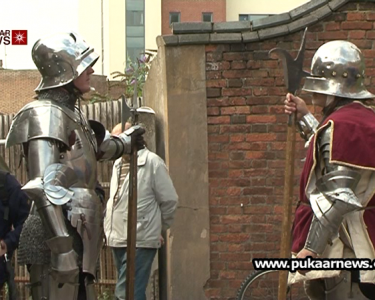The University of Leicester led team responsible for the scientific research that identified the remains of King Richard III have been shortlisted for a national archaeology award.
The work, headed by Dr Turi King of the university’s Department of Genetics, has been nominated in the category of ‘Archaeological Innovations of the past 50 years’ by the journal, Current Archaeology.
Dr King led the group of geneticists and archaeologists that carried out extensive research in the field of ancient DNA, leading to an almost 100% positive identification of the skeleton found at the Greyfriars site as that of the lost King.

Using mitochondrial DNA, the research was not only able to link Richard III’s maternal line to the uncovered remains, but also to paint a clearer physical picture of the King through the highly probable identification of hair and eye colour, as well as indications to things such as diet.
Dr King said: “New genetic technologies allowing detailed analysis of DNA from archaeological contexts has sparked an exciting new field of research in the past few years: that of ancient DNA.
“Not only has it allowed us to identify the remains of individuals, such as the Romanov case in the 1990s and, more recently, King Richard III but it is now allowing us to answer questions about ancient disease, diet, human evolution and population movements across the centuries.”

The team were also able to identify a break in the paternal line between Richard III and Henry Somerset, 5th Duke of Beaufort, the common ancestor of the living male-line. These findings reveal at least one ‘false-paternity event’ in the chain– where the assumed father was not the actual father. Whilst there is no definite indication of where this break actually occurred, a false paternity event in certain parts of the chain could be of key historical significance regarding the royal succession.
Dr King added: “It’s an incredibly thrilling time to be working in this field, carrying out interdisciplinary projects combing the expertise of archaeologists, historians, geneticists and others to answer questions about our past.”
2017 marks the second year in a row that a project led by University of Leicester archaeologists has been nominated in the Current Archaeology Awards.
Results will be determined through a public vote, open from now until Monday 6 February 2017. Winners will be announced at Current Archaeology Live! 2017, to be held at the University of London’s Senate House on 24 – 25 February. Votes can be placed online through the Current Archaeology awards webpage at www.archaeology.co.uk/vote
By Jennifer Morris






